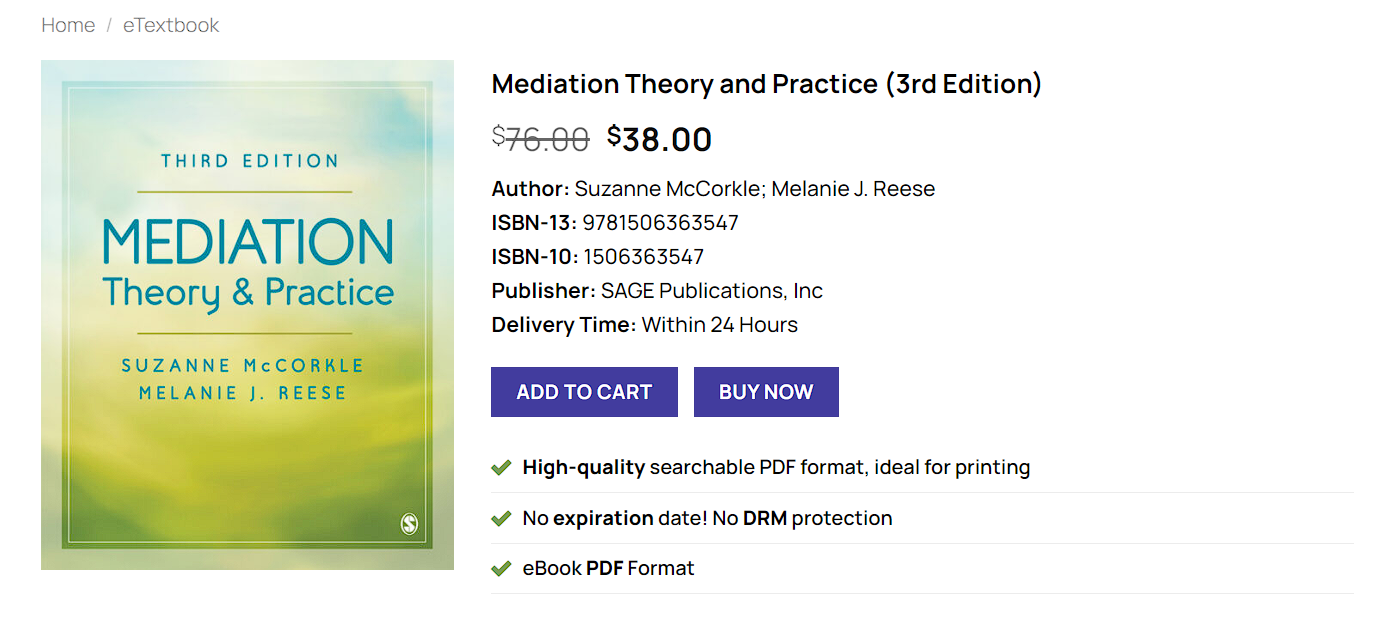Mediation Theory and Practice 3rd Edition is a fundamental aspect of conflict resolution. In the third edition of “Mediation Theory and Practice,” key concepts and principles are presented to help individuals navigate the complexities of mediation. This article will explore some of these concepts and provide an overview of their relevance in mediation theory and practice.
Key Concepts
One key concept in mediation theory and practice is neutrality. Mediators must remain neutral and impartial throughout the process, ensuring that all parties feel heard and understood. This creates a safe space for open communication and promotes the exploration of mutually beneficial solutions.
Another important concept is empowerment. Mediation aims to empower individuals by giving them a voice in the resolution of their conflicts. It encourages active participation, allowing parties to take ownership of the outcomes and maintain control over the decision-making process.
Principles
One principle emphasized in mediation theory and practice is confidentiality. Mediators are bound by strict confidentiality agreements, ensuring that discussions and information shared during the mediation process remain private. This promotes trust and encourages parties to be open and honest without fear of their words being used against them.
Another principle is the focus on interests rather than positions. Mediation encourages parties to identify and communicate their underlying needs and interests. By shifting the focus from rigid positions to the underlying motivations, mediators can help parties find creative and mutually beneficial solutions.
Mediation theory and practice also emphasizes the importance of a collaborative approach. Mediators facilitate a collaborative environment where parties work together to find solutions. This fosters a sense of cooperation and encourages parties to view each other as problem-solving partners rather than adversaries.
Conclusion
Mediation Theory and Practice 3rd Edition provides valuable insights into the key concepts and principles that underpin successful mediation. By understanding and applying these concepts, individuals can effectively navigate conflicts and work towards mutually satisfactory resolutions. Neutrality, empowerment, confidentiality, focus on interests, and collaboration are just a few of the key concepts and principles highlighted in this edition, demonstrating the comprehensive nature of mediation theory and practice.

